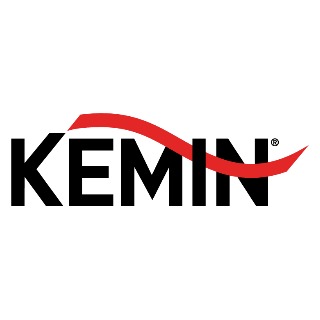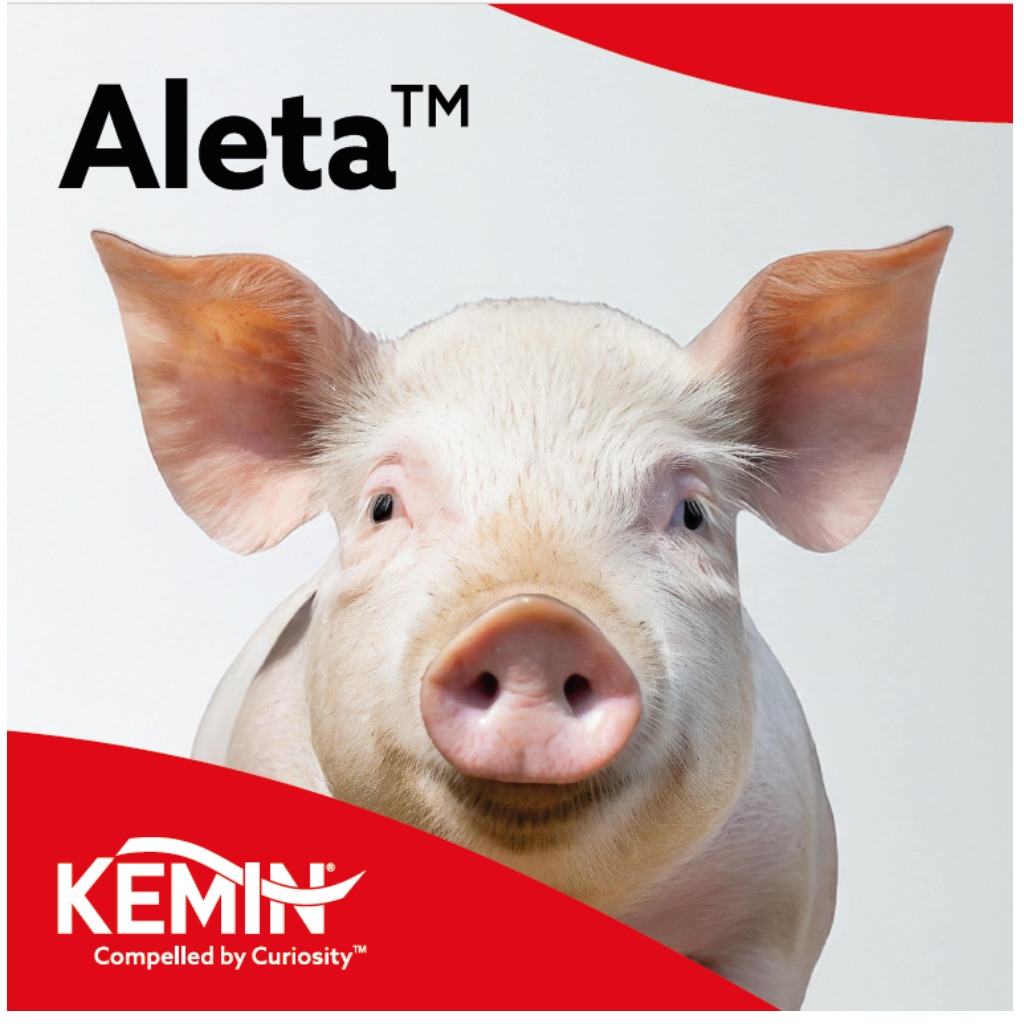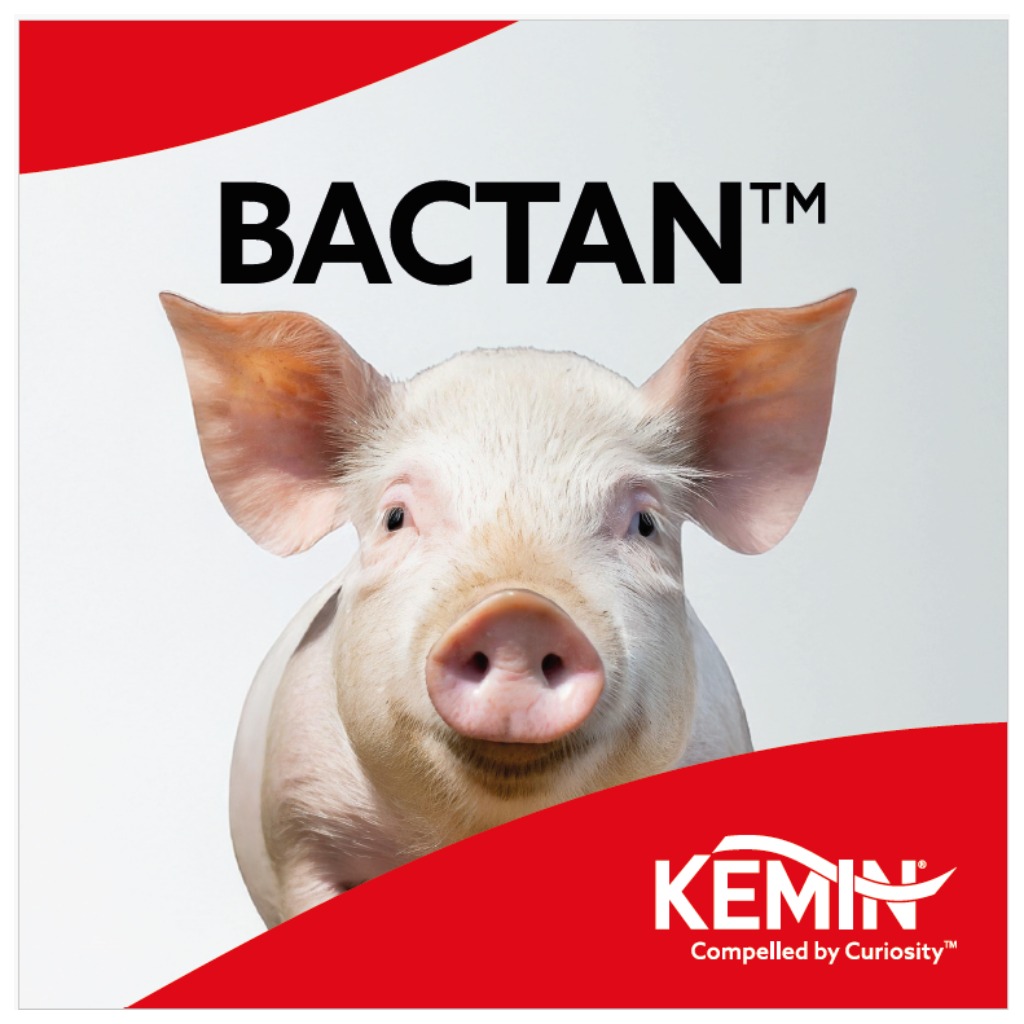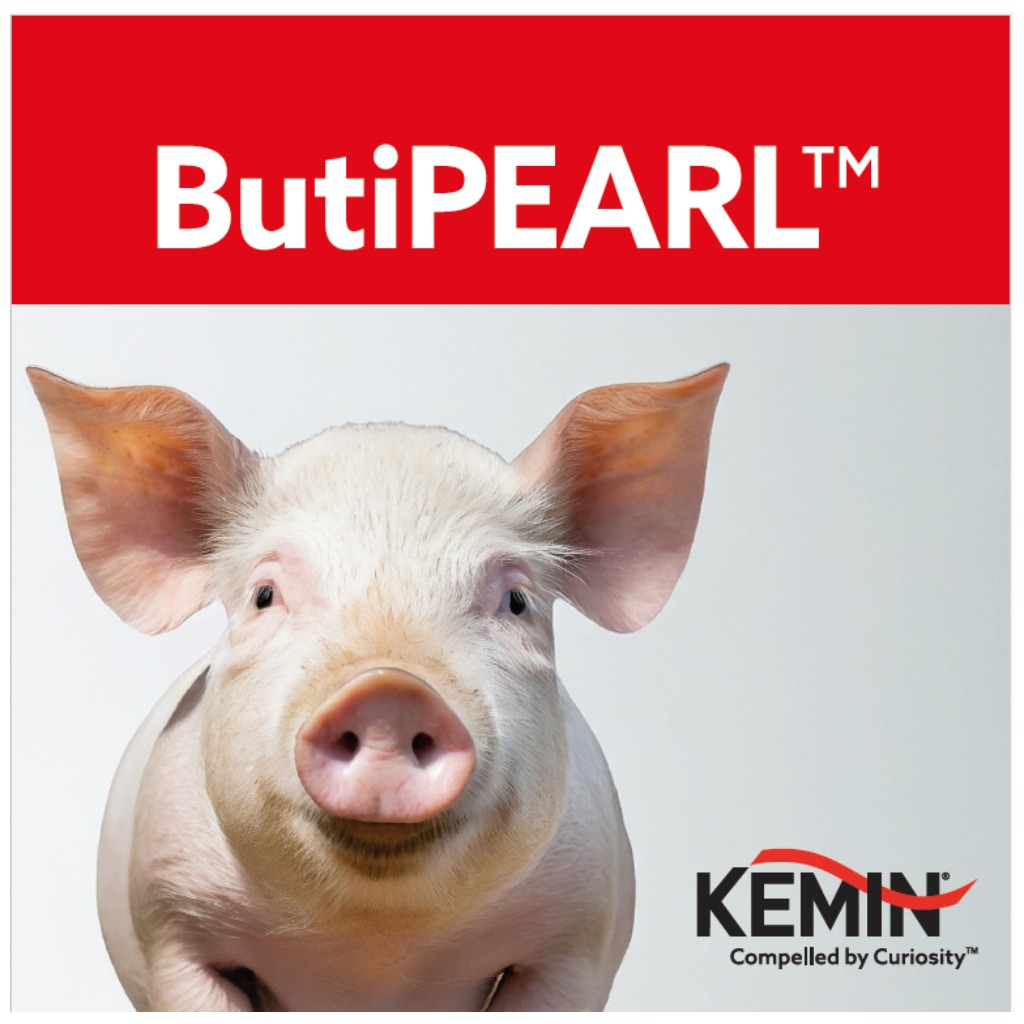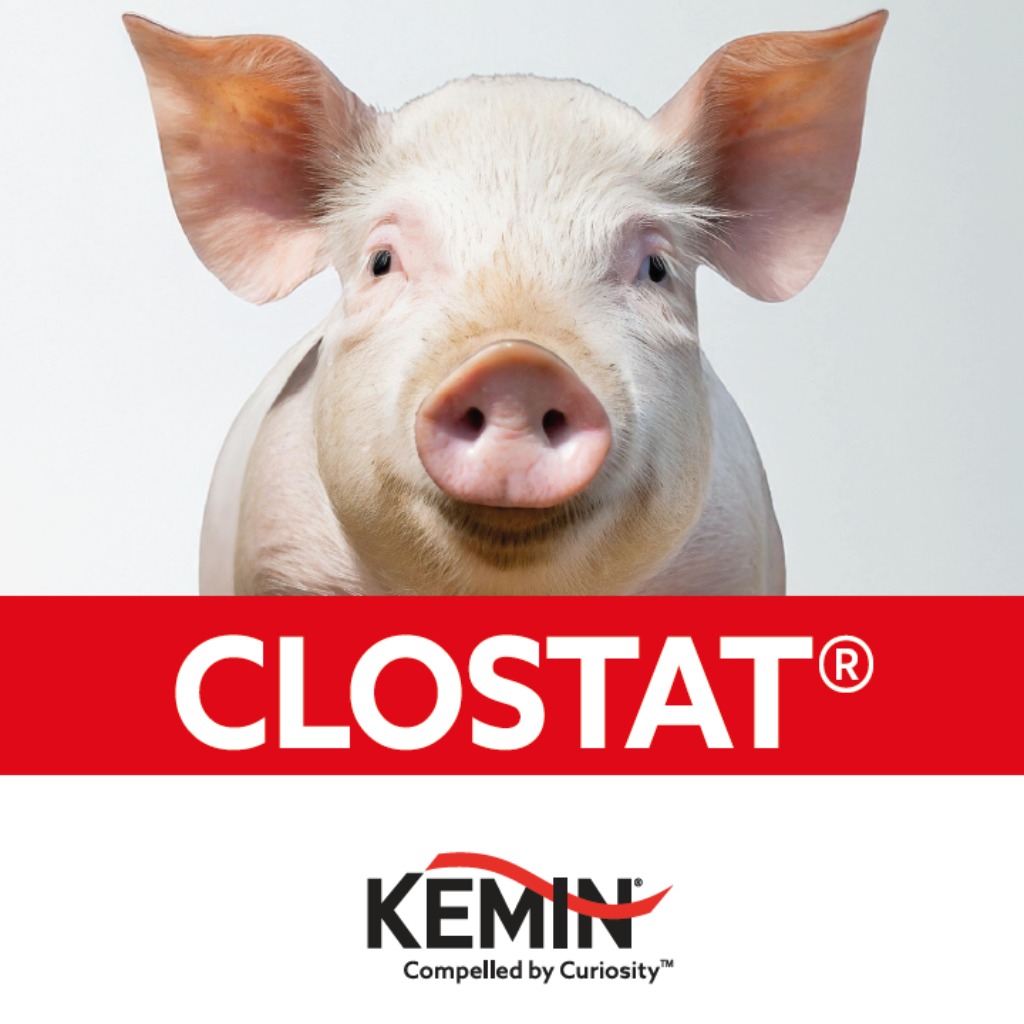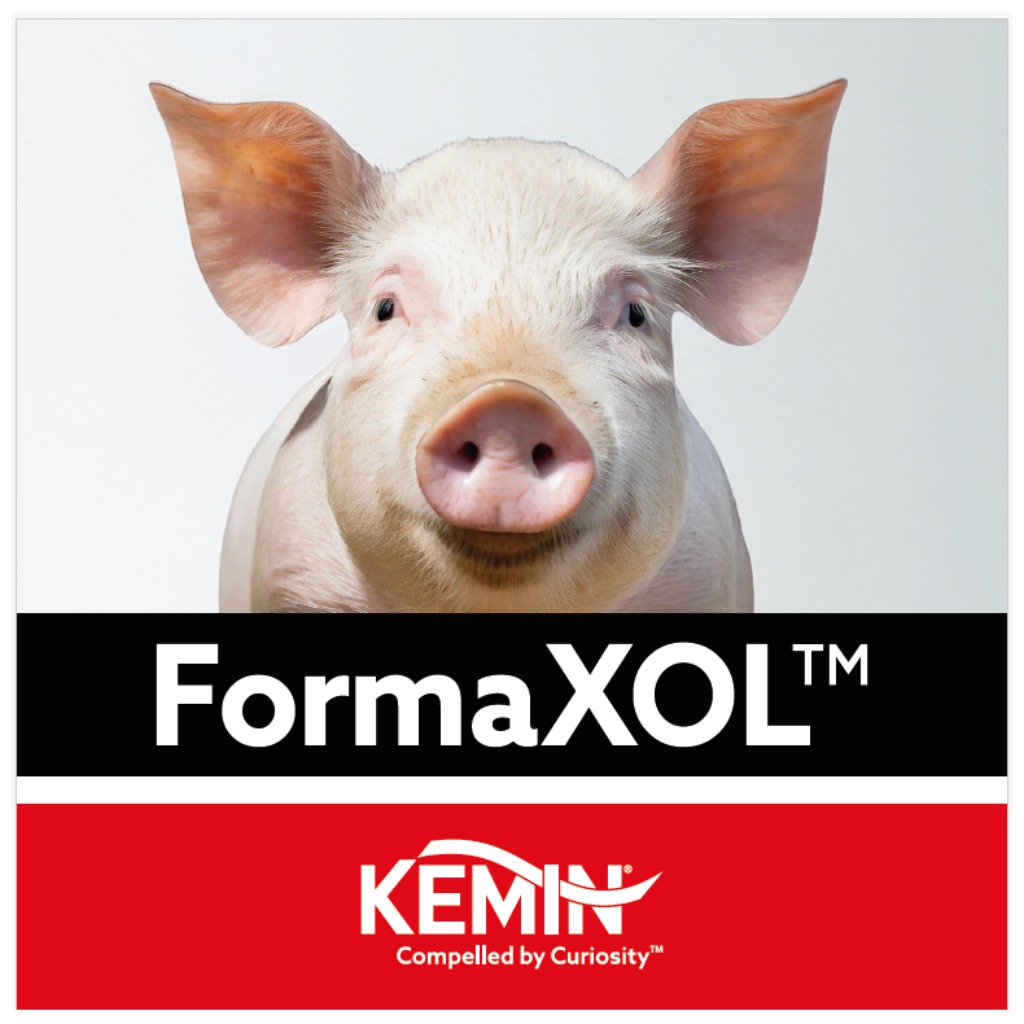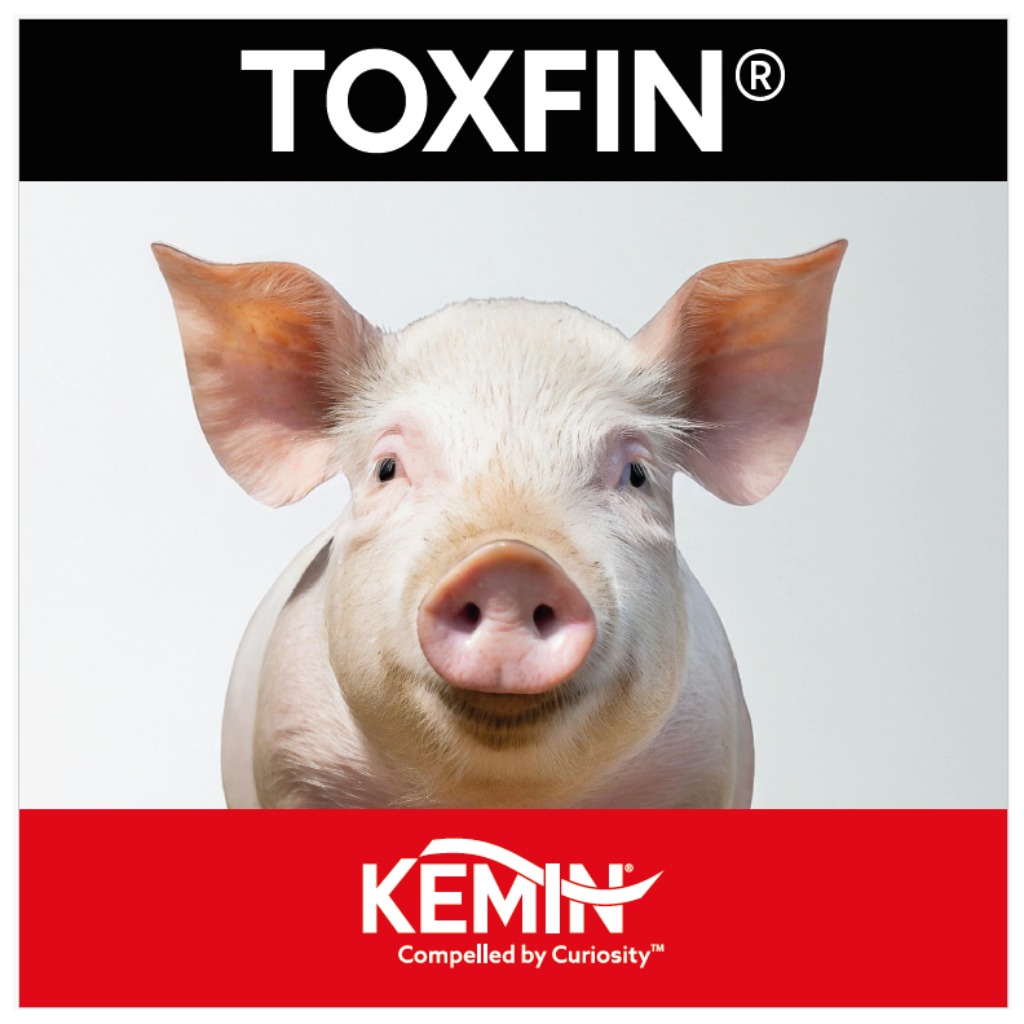Protein Fermentation in Pigs
Protein fermentation in the gut is a critical aspect of pig nutrition that significantly impacts the overall health and productivity of swine. This process involves the breakdown of dietary proteins that escape digestion in the small intestine by gut bacteria and occurs primarily in the large intestine where they are subjected to putrefaction by caecum bacteria, leading to the production of various metabolites.
Protein fermentation is therefore strongly correlated with the preceding protein digestion process: the hydrolysis of proteins into smaller peptides and free amino acids by the digestive enzymes such as pepsin, peptidases, and proteases to be subsequently absorbed by the intestinal mucosa1. Protein a such is less well digested than other nutrients: an apparent ileal digestibility coefficient of 0.858 was reported for starch in sorghum-based diets, while crude protein digestibility was only 0.719, with an average of 0.785 for 16 amino acids2. When suboptimal, or in case of use of lesser digestible proteinaceous raw materials in the diet, excess undigested proteins can become available for bacterial fermentation in the large intestines. That results into the production of ammonia, branch chain fatty acids, biogenic amines, and gases, byproducts which can cause pH changes, damage to epithelial cells, and the production of toxic compounds like indol, phenol, cresol, and skatole3. Additionally, the process increases the caecal microbe population, which can further disrupt gut health.
Prevention of negative consequences from undigested protein passing through the hindgut, hence should be a main target when designing feed recipes.
Factors Affecting Protein Digestion
Protein digestion in pigs is influenced by several factors, particularly during the post-weaning period4.
- The amount of endogenous, naturally produced, proteases in the intestinal tract: influenced by external factors such as the pig's health and age. For instance, pigs experiencing
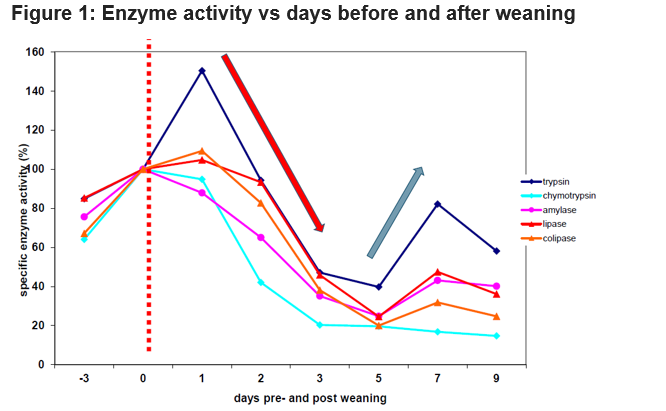 health issues may have reduced enzyme production, leading to decreased protein digestion efficiency. In young piglets after weaning, the activity of digestive enzymes generally decreases which significantly impacts the animal's ability to digest and absorb nutrients effectively (Fig 1.). Key enzymes affected include trypsin, chymotrypsin and amylase. The latter, though primarily involved in carbohydrate digestion, when reduced in activity post-weaning can impact overall digestive efficiency 5.
health issues may have reduced enzyme production, leading to decreased protein digestion efficiency. In young piglets after weaning, the activity of digestive enzymes generally decreases which significantly impacts the animal's ability to digest and absorb nutrients effectively (Fig 1.). Key enzymes affected include trypsin, chymotrypsin and amylase. The latter, though primarily involved in carbohydrate digestion, when reduced in activity post-weaning can impact overall digestive efficiency 5. - Transit Time, speed at which feed passes through the gastrointestinal tract: The more rapid, the less time residing in the digestive system, reducing the opportunity for enzymes to break down proteins effectively.
- Presence of Anti-Nutritional Factors in raw materials such as β-glucans, enzyme inhibitors (like trypsin inhibitors), tannins, lectins, and lignocellulose, which have detrimental effects on protein digestion. They can inhibit enzyme activity or bind to proteins, making them less accessible for digestion.
To mitigate these influencing factors, in particular during the post-weaning period, and ensure meeting the AA requirements of the pigs, it is therefore essential to a) use ingredients with high protein digestibility and to b) add exogenous proteases to pig diets6. Setting limits on indigestible protein and incorporating dietary fibre can also suppress protein fermentation, promoting a healthier gut environment.
In conclusion, improving protein efficiency in pigs via effective dietary interventions, should be a central aim to ensure the health, wellbeing and productive efficiency of your swine herd.
References
- Chen et al, 2019 In vitro protein digestion kinetics of protein sources for pigs
- Liu et al., 2013a,b
- Apajalahti and Vienola, 2016, De lange, 2010
- Kurz et al, 2021, Factors Influencing Proteolysis and Protein Utilization in the Intestine of Pigs: A Review
- Hedemann et al 2004, Molist 2024 Kemin’s Total Swine Nutrition Conference, 2024
- Nahm et al 2006, Pan et al 2016 Effects of Coated Compound Proteases on Apparent Total Tract Digestibility of Nutrients and Apparent Ileal Digestibility of Amino Acids for Pigs
Contacto:
Contacta con nosotros a través del siguiente formulario.
Un resumen semanal de las novedades de 3tres3 Argentina
Accede y apúntate a la lista

